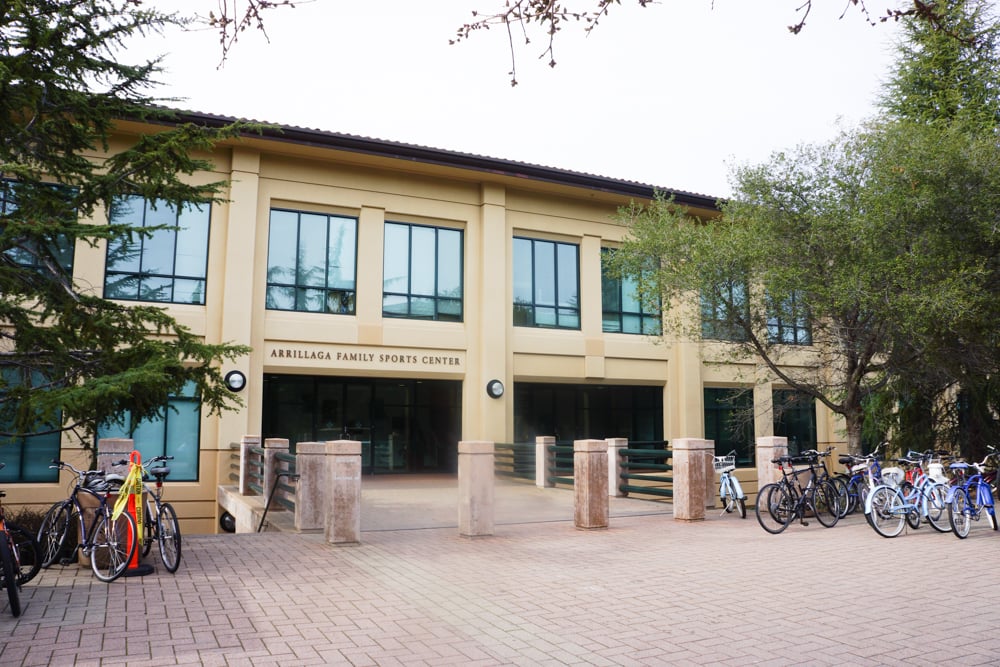While the mental health consequences of the pandemic on students have been well documented — ranging from feelings of loneliness and isolation to a lack of motivation — the campus community is now starting to report that their physical health has taken a toll as well.
What’s more, these two issues can intersect: Some students said that the difficulties of online learning have led them to sacrifice the healthy and established routines that they used to have.
“I’ve been trying to keep a healthy eating and exercising schedule, but it’s hard to motivate myself to work out every day when I have so many assignments piling up,” said Sahir Qureshi ’24.
Pediatrics professor emeritus Fernando Mendoza M.D. ’75 said that “exercise is always important” and that it allows students to nurture both their physical and mental health.
According to Mendoza, it is even more important to exercise now because students are required to sit down in front of their computers all day.
“You can even exercise with others, as long as you socially distance and wear a mask,” he said.
Some low-income students whose neighborhoods have been disproportionately negatively impacted by the COVID-19 pandemic said that the high COVID rates have also impacted their ability to exercise.
“Because of the virus, I take less walks and go outside much less than normal,” said Cesar Rodriguez ’24.
He also said that, as a low-income student, he faces issues related to the lack of affordable, healthy food options in his community.
“The cost of being healthy is usually higher, and it is not an affordable lifestyle for everyone,” he said.
Some students living on campus said that it is easier to maintain healthy eating and living habits on campus than at home.
“Having a daily supply of fresh fruits and vegetables is something I didn’t have at home,” said Francesca Malayeri ’24.
Malayeri added that the University’s socially distanced outdoor recreation classes are helping her stay active on campus. These classes are affordable and accessible low-cost options for physical activity on campus, she said.
To support the physical health of students learning from home, Mendoza explained that universities like Stanford need to remain flexible. He said that, in unprecedented times like these, schools can take multiple approaches to this issue and “have to be creative and understand what to do.”
“It is important for institutions to have sympathy and caring that allows us to understand what we can do for the individual student,” Mendoza said.
